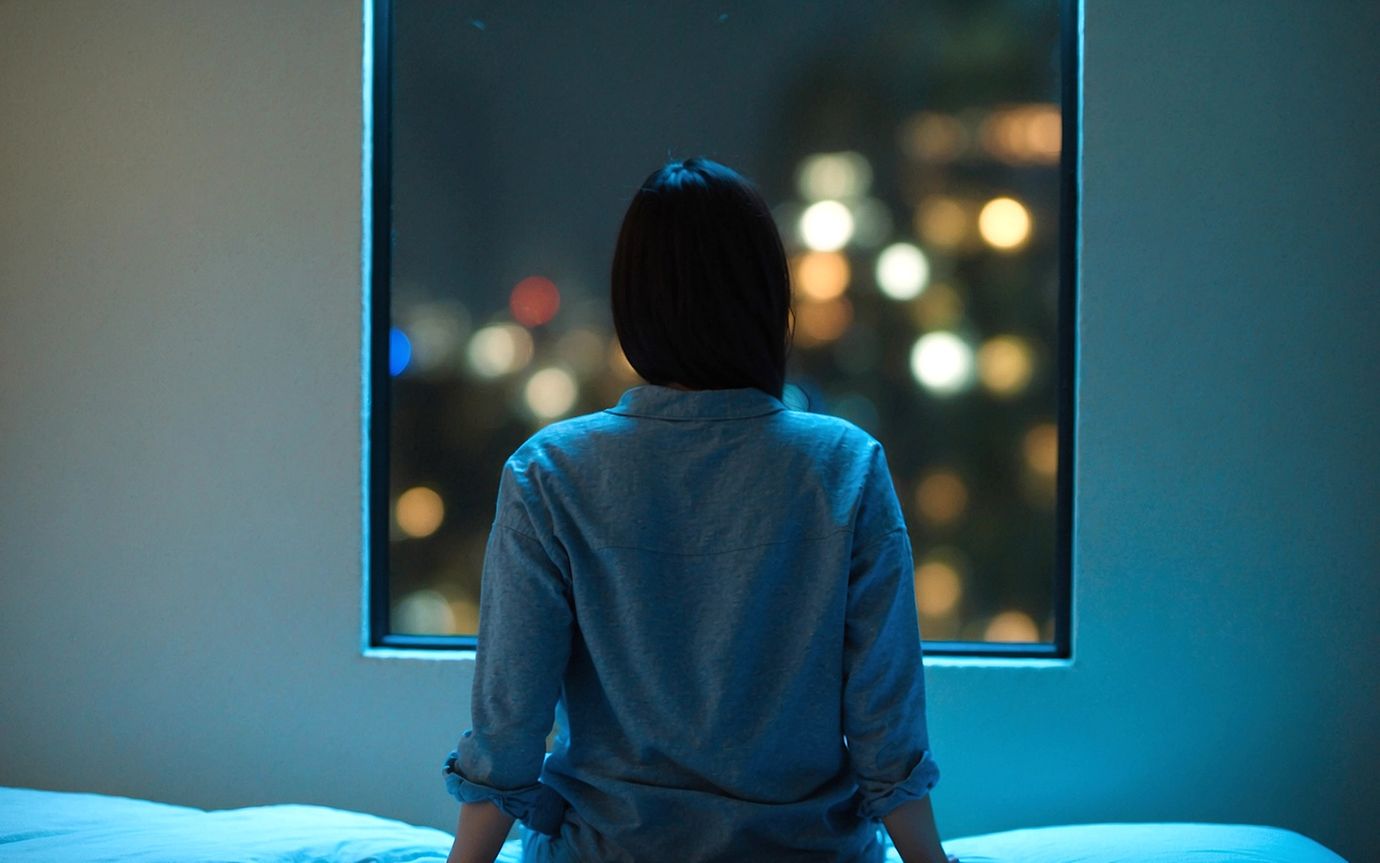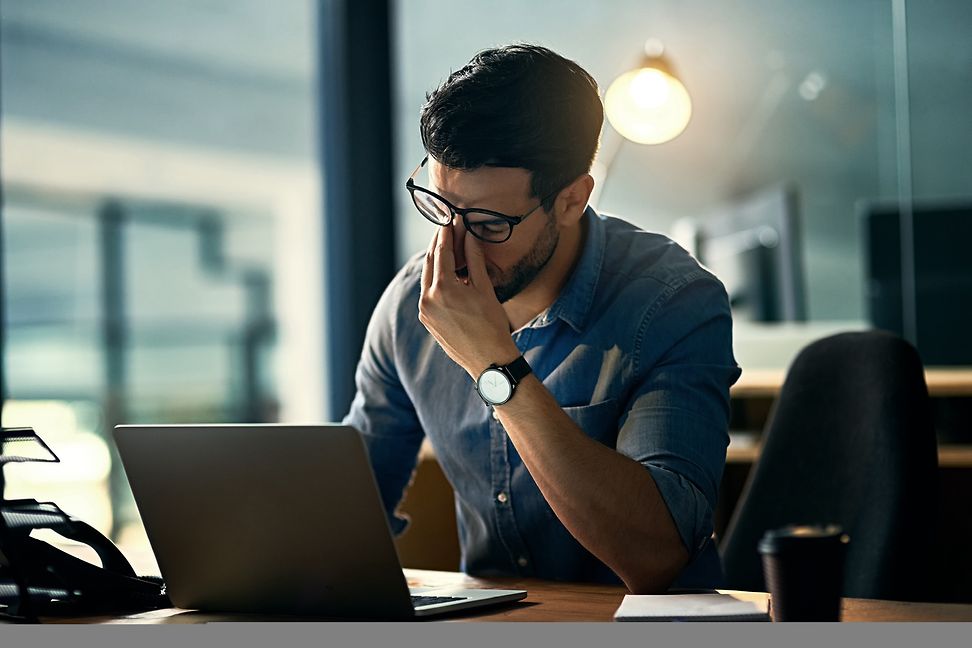Our guest author, Peter Firth, is a former news reporter and magazine editor. He has since founded a content creation agency where he is the Editorial Director.

The emphasis on getting sufficient sleep has transformed from a basic health necessity to a coveted status symbol among professionals and executives. This intense focus on achieving the perfect night's rest may be adding undue stress to those already burdened with demanding schedules and high expectations. While the benefits of sleep are well-documented, the pressure to optimize rest could paradoxically be exacerbating the very fatigue it aims to alleviate.
Over the past decade, our attitudes towards sleep have shifted dramatically. It was once an executive boast to be constantly on the go and sleep-deprived. Employees would burn the midnight oil and appear at the office the following day proudly displaying their pallor. They’d rush straight into meetings after a red-eye flight, and scoff at the notion of jetlag. Until recently, suffering from a lack of sleep was a badge of honour that signified you were a top performer and living life to the full. After all: you can sleep when you’re dead.
This truism looks increasingly foolish given what we now know about the link between poor sleep and premature death. Sleep deficiency is linked to heart and kidney disease, high blood pressure, diabetes, stroke, and depression. Beyond this, under-slept folk are more prone to accidents, injuries, lapses in judgement, and moral missteps. By contrast, a solid eight hours will deliver an uptick in mood, greater energy, and more resilience to disease, and has even been shown to help with creativity.

Today we’re seeing increased enthusiasm for sleep. As ever, purchasing patterns provide good clues to what’s on our minds. The sleep economy is a new category that encompasses everything from mattresses and pillows, to dietary supplements and wearable devices. And 2024 is expected to be a bumper year for anyone in the business. According to Statista, the global data and business intelligence platform, this market segment will be worth USD 585 billion by 2024.
Research points to sleep being the fastest route to a better you. Theresa Schnorbach is a psychologist and sleep specialist who consults with Emma, the European mattress company. “Sleep affects our wellbeing and performance in so many ways that it's like a magic formula - but one that's natural and has no negative side effects,” she says. “But the benefits go even further. Creativity and problem-solving skills, learning and memory, muscle building, reaction times, stamina, self-discipline and weight control, focus and concentration span, rational thinking and emotion regulation. All these are strengthened during sleep.”
Unfortunately, a large proportion of the world’s population is missing out on this elixir. The COVID-19 pandemic accelerated levels of global insomnia, with The Sleep Foundation estimating that it affects as many as 35 per cent of adults. Worryingly, more and more people are turning to drugs to manage sleeplessness. This trend appears to be most advanced in the USA, where official statistics show that the percentage of adults using sleeping pills doubled in 2023 compared with 2010.
Schnorbach endorses a different approach. She reckons that cognitive behavioural therapy is a better way to fight insomnia. “Stress, irregular bedtimes, poor sleeping habits, and mental disorders such as depression and anxiety are common drivers of insomnia. Cognitive-behavioural therapy for insomnia (CBT-I) is considered the gold standard,” she says. “It’s a short, evidence-based approach that addresses the connection between our thoughts, behaviours, and sleep. Unlike sleep medications, which can worsen sleep quality and cause negative side effects, CBT-I has a 70 to 80 per cent success rate at improving sleep quality, not just short-term but also in the long term.”
The pressures exerted on entrepreneurs and leadership teams are well documented. There is no shortage of worries to keep them up at night. One way for high-performance professionals to up their sleep game is to take a leaf out of the elite sports playbook. Dr. Lutz Graumann is founder of QUADUMA, a health performance consultancy that draws on its experience of working with professional athletes and the military to help companies get more from their executive teams. Key to the process is good sleep.

Entrepreneur and sleep specialist Dr. Lutz Graumann: Our clients feel that unless they can sleep in a single bout, their performance will suffer the next day. We want to take this pressure away.
“Sleep is non-negotiable for anyone who wants to perform at their peak,” says Dr. Graumann. “According to the workload we are facing each day, we have to configure a recovery strategy. Most of our clients accept that when they wake up in the morning, they are seldom fully refreshed.”
Dr. Graumann identifies a raft of obstacles to good sleep. These include drinking caffeine or alcohol late in the day, and doomscrolling before bed. Another element is mental pressure around sleep: “Our clients want to be at the top of their game. So when they wake up in the middle of the night they feel immense pressure to get back to sleep,” he says. “We want to take this pressure away. The answer is to plan for enough sleep so that skipping one sleep cycle does not leave a deficit.”
In an age when we’re encouraged to measure and analyse everything – from our workouts to our calorie intake – people are taking a similarly empirical approach to sleep. As ever, tech companies are vying to monetise our neuroses. And solving society’s sleep conundrum represents a considerable prize. For instance, savvy entrepreneurs have invented various types of body trackers, either wearable or as part of other devices, which give users an acute readout of their sleeping efficiency.
And since many people have a problem regulating their body temperature during the night, the fast-expanding sleep tech market offers mattresses and bedding that cool or warm sleepers as required, including side by side in a double bed. The claim is that these products ensure an hour of extra sleep every night.
But are products like smart mattresses and devices that track our REM cycles really helping us get more and better sleep?
Jessica Smith, founder of J.Renée, a futures consultancy specialising in wellness, isn’t sure whether our obsession with sleep is a healthy one.
“There’s a fixation on longevity in our society; more people are making conscious choices in light of living longer, and sleep falls into that,” she says. “But the culture around good sleep has become about glorifying it as a status symbol, too. It’s about striving for control, for performance at work, and for winning at life. Sleeping well is a badge of honour.”
This communication is provided for information purposes only. The information presented herein provides a general update on market conditions and is not intended and should not be construed as an offer, invitation, solicitation or recommendation to buy or sell any specific investment or participate in any investment (or other) strategy. The subject of the communication is not a regulated investment. Past performance is not an indication of future performance and the value of investments and the income derived from them may fluctuate and you may not receive back the amount you originally invest. Although this document has been prepared on the basis of information we believe to be reliable, LGT Wealth Management UK LLP gives no representation or warranty in relation to the accuracy or completeness of the information presented herein. The information presented herein does not provide sufficient information on which to make an informed investment decision. No liability is accepted whatsoever by LGT Wealth Management UK LLP, employees and associated companies for any direct or consequential loss arising from this document.
LGT Wealth Management UK LLP is authorised and regulated by the Financial Conduct Authority in the United Kingdom.